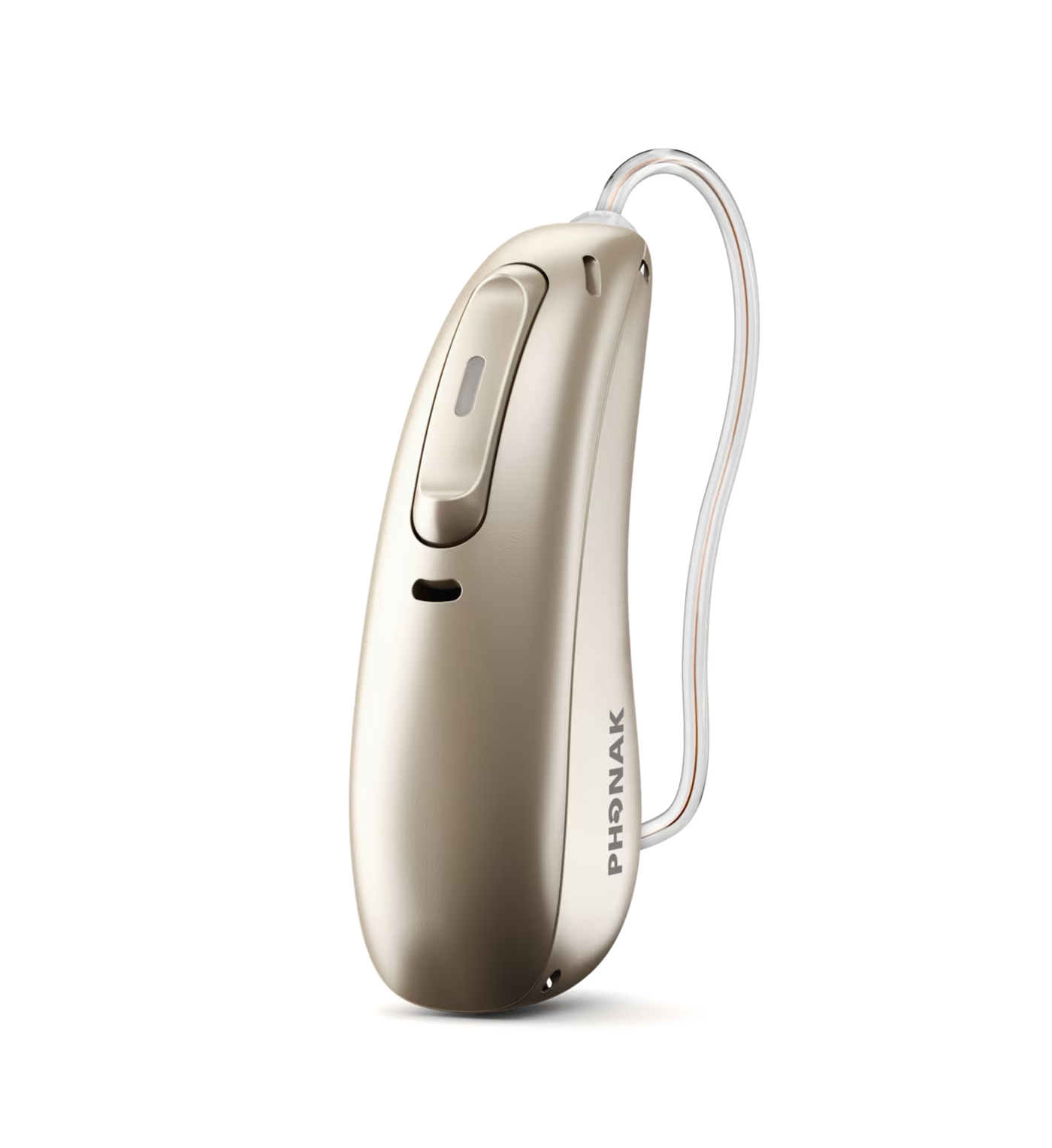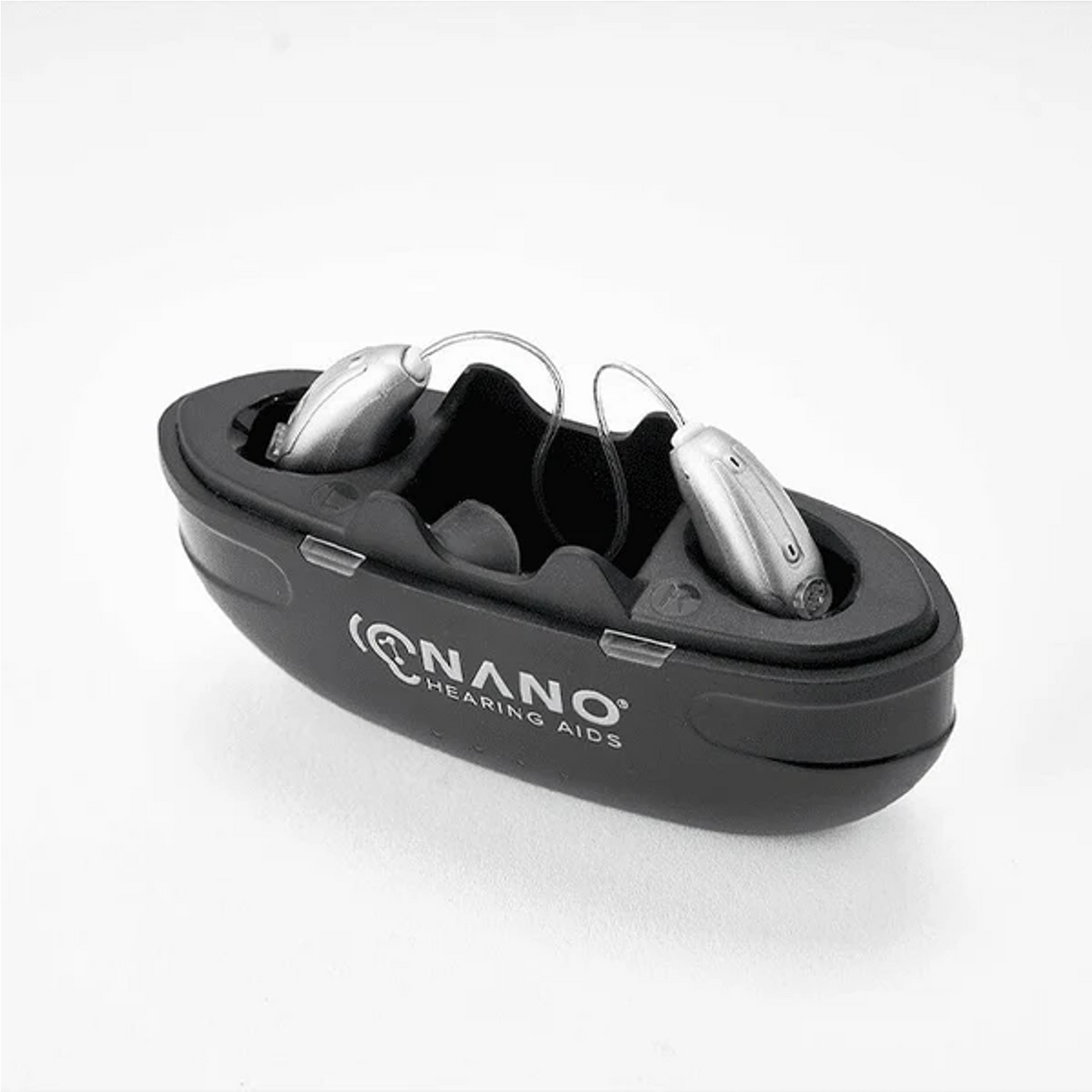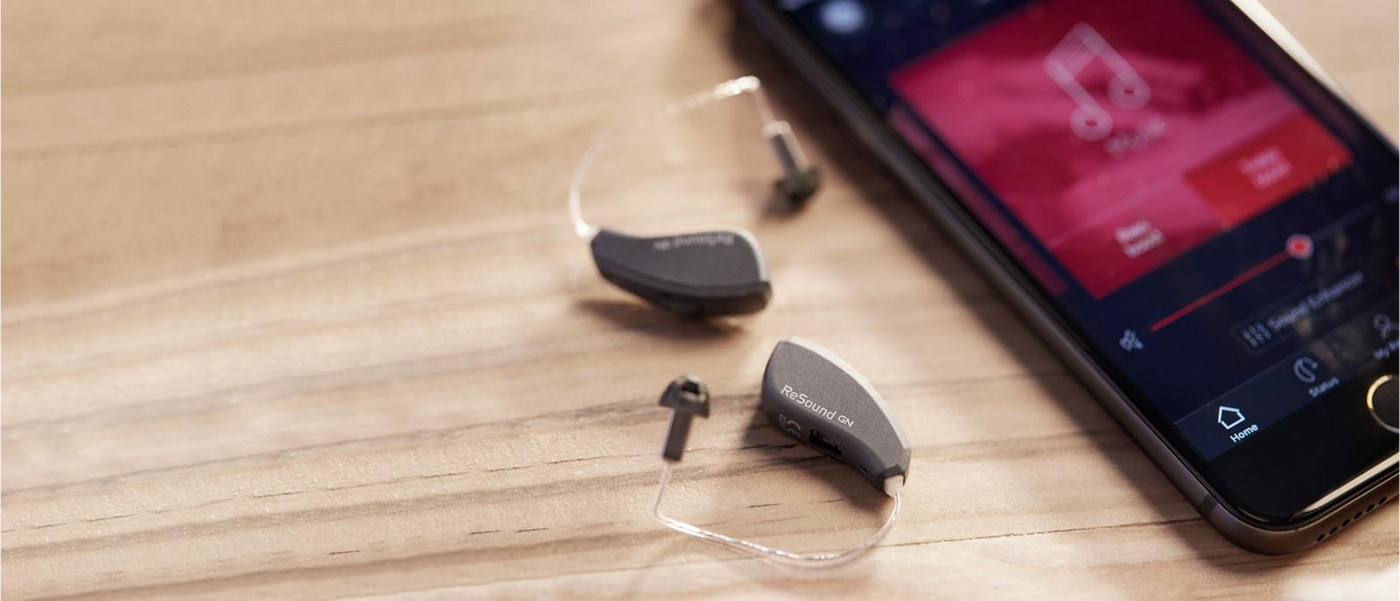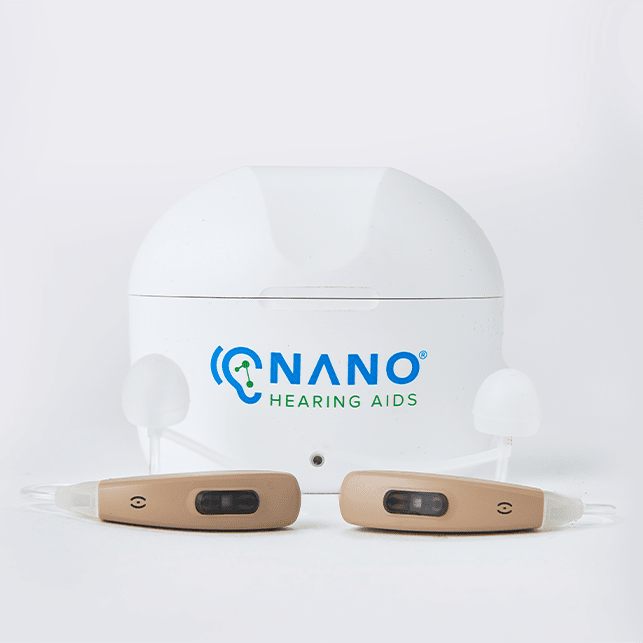Key Takeaways
Best Hearing Aids for Professional Musicians
People in the music sector need perfect hearing health more than nearly anyone else, as the ability to listen properly to tracks and nuanced sounds is crucial for success. While hearing loss is a challenge for anyone, it may especially affect professional musicians.
Thankfully, there are tons of hearing aids that can help musicians living with hearing loss. With so many devices on the market to choose from, we’ve selected our list of the 5 best hearing aids for musicians.
Best Noise Canceling Hearing Aid:
Widex Moment Sheer
Low Power Consuming:
Phonak Audéo Paradise
Best Rechargeable Hearing Aid:
Nano Audacity® RIC
Best High-Tech Hearing Aid:
ReSound LiNX Quattro™
Most Discreet Design:
Oticon Opn IIC
Nano Hearing Aids are FDA-registered, Class I devices. These OTC hearing aids are designed for individuals over 18 years of age with perceived mild to moderate hearing impairment. Nano won the Top ENT Solution Provider 2023, has 24/7 customer care, and has an affordable price compared to others.
1. Best Noise Canceling Hearing Aid: Widex Moment Sheer
Widex Moment Sheer is one of the best and most advanced hearing aids for musicians out there. Its Zero Delay technology minimizes sound distortion and enhances the natural quality of music.
It also has a powerful noise canceling feature that reduces background noise while preserving the integrity of music, making it suitable for live performances and recordings.

The Widex Moment Sheer hearing aid has a RIC design and has more parameters added to the AI-powered Widex MySound™ technology - so you can hear better in any situation.
2. Best for Low Power Consuming: Phonak Audéo Paradise
The Phonak Audéo Paradise is our top choice for low power consumption, thanks to its advanced rechargeable lithium-ion technology. These hearing aids give you a full day of hearing and streaming on a single charge, so you don't have to worry about frequent interruptions.
With batteries that are easy to use and built to last up to six years, you can enjoy reliable, long-lasting functionality without worrying about constant replacements.

The Widex Moment Sheer hearing aid has a RIC design and has more parameters added to the AI-powered Widex MySound™ technology - so you can hear better in any situation.
3. Best Rechargeable Hearing Aid: Nano Audacity® RIC
Nano Audacity® RIC is one of the most impressive OTC hearing aid devices out there. These FDA-registered hearing aids are rechargeable and have excellent background noise-canceling technology.

Nano Audacity® RIC comes with a small and portable magnetic charging case - each charge gives up to 17 hours of usage (or 3 hours when streaming audio).
These hearing aids are even Bluetooth enabled, which allows you to stream music, podcasts, and calls right from your smartphone.
The discreet RIC design means the devices look nearly invisible when being worn. They have a directional microphone per device and are extremely easy to use - perfect for music producers.
4. Best High-Tech Hearing Aid: ReSound LiNX Quattro
The ReSound LiNX Quattro hearing aids are one of the most advanced hearing aid models available, thanks to these unique features:

The hearing aids also come with the award-winning ReSound Smart 3D App, which lets you customize sound settings.
5. Best for Discreet Design: Oticon Opn IIC
The Oticon Opn IIC has an Invisible-in-the-Canal (IIC) design. It is custom-fitted to sit deep inside your ear canal - making it virtually invisible to other people, and is ideal if you want discretion.
There's a tiny plastic string that makes it easy to take out, so you can remove it from your ear canal without any fuss.
It won’t look like you’re wearing any hearing aid with the Oticon Opn IIC!
Final Words
If you have a career in music, good hearing ability is critical. It’s important to take action as soon as possible if you find out you have hearing loss to some degree, and the hearing aids mentioned in our handy list can help you with that.
For further support, you can check out the Association of Adult Musicians with Hearing Loss (AAMHL) to find fellow musicians with hearing loss. Being in a community of musicians with hearing loss can help you pursue your career with enthusiasm and confidence despite your hearing loss problems.
Frequently Asked Questions:
Can hearing aids play music?
Yes, hearing aids can play music and you can tune your hearing aids into a wireless stereo headset. This is possible due to looping systems that serve as wireless loudspeakers, which stream audio waves for voice calls, sounds, and external noise.
How do you reduce background noise in a hearing aid?
The latest hearing aid models use adaptive noise reduction technology to amplify less noise than speech. This can be achieved by adjusting the amplifiers and identifying the intensity of noise.
Are there communities for musicians with hearing loss?
Yes, organizations like the Association of Adult Musicians with Hearing Loss (AAMHL) offer support and resources for musicians with hearing challenges, helping them thrive in their careers.
Nano Audacity® RIC is suitable for musicians since it’s a rechargeable hearing aid with Bluetooth streaming, background noise cancellation, and a nearly invisible RIC design.



